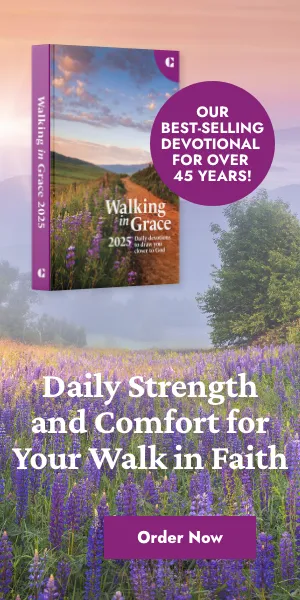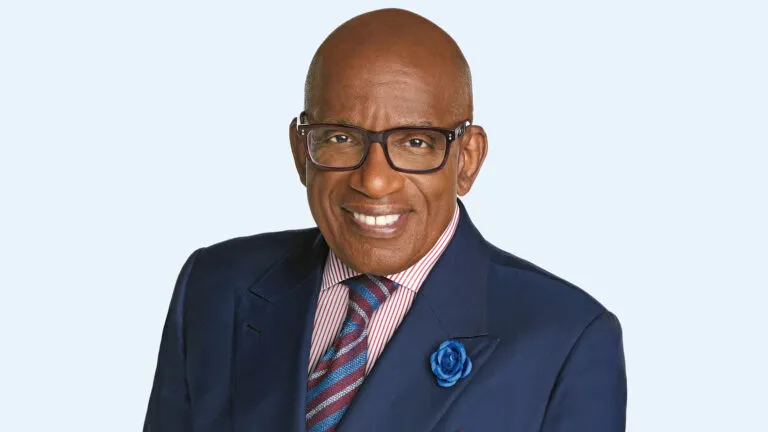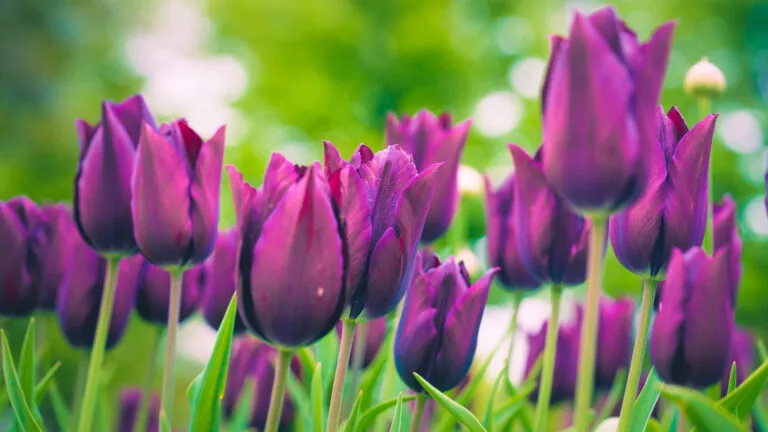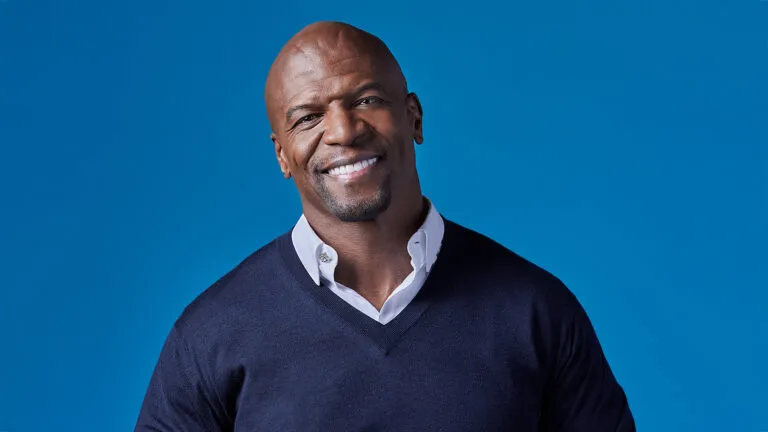People tend to have strong feelings about the term “organized religion.” I’ve certainly had various relationships with my Jewish faith at different points in my life. But when my father died in September, I’d never been more grateful to be part of an established faith community.
Which brings me back to that term—organized religion. Every faith offers just that—organization, a set of beliefs, practices, rituals and traditions that, ideally, meet us where we are during life moments big and small. Judaism in particular is richly structured around the grieving process, providing specific guidelines for the first seven, 30 and 365 days after a loss.
Not all of those guidelines resonate with me or with my family. The tradition of sitting on a low stool for the first seven days—to symbolize having been “brought low” by grief—felt unnecessary and even upsetting, so we did not follow that practice when we received condolence callers. In that case, my religion’s organizational principles provided something for us to press up against, and step back from.
In other cases, Judaism both sheltered and supported us. For example, the many wishes that Dad’s memory “may be a blessing,” a traditional phrase offered to mourners, surrounded me with the feeling that my father’s memory was an abiding entity, recognizable by many beyond our family’s inner circle.
The sense of community is also a literal and logistical source of support during the spiraling early days of loss. Generous and loving friends and family were able to connect with our synagogue to provide help with communication, food and the prayer books, yarmulkes and leadership for traditional home worship services following the funeral. That support freed my family to fully inhabit our grief—and to receive love when we needed it most.
Community is fundamental to Judaism. In fact, the mourner’s prayer, called kaddish in Hebrew, is not to be recited in solitude. Instead, mourners are to join a group of at least ten fellow Jews to recite it together, in community.
I aspire to follow this tradition weekly at Friday night services for the full year of mourning for my father. At the first such service after his death, I wept steadily through every prayer, song and recitation. The community stood by my side—literally, when we all rose to recite the kaddish. A kind woman I had never met gently handed me a tissue when she noticed I had (foolishly) left home without one. And no one questioned or looked askance at my tears.
Knowing that my faith has space for my grief, that my community sees me and welcomes me as I am, and that I am part of a larger whole that goes back millennia are sustaining me in ways mundane, profound and everything in between.
It’s called organized religion for a reason—perhaps most meaningfully because of the gifts it offers during one of the most disorganized times in life, in the wake of a terrible loss.





